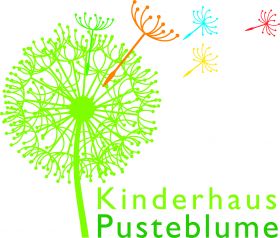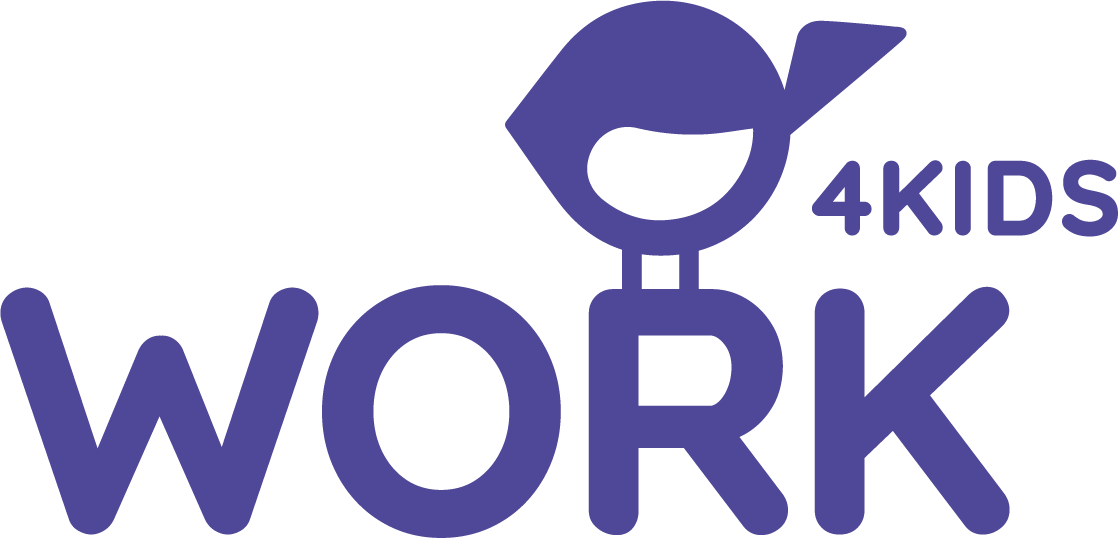Specifics
Our educational approach is based on Montessori education and nature education. We try to combine both approaches in our children's house.
Montessori education:
The guiding principle of Montessori education "Help me to do it myself" by M. Montessori permeates the entire educational work.
This statement by M. Montessori clarifies the fundamental education for independence and for one's own individual personality. Mistakes made by the child are part of the development.
The essential principles of Montessori education consist of:
- Education is based on knowledge of the human being
- The human being develops according to his inner blueprint
- The child has an absorbent mind
- The child goes through sensitive periods
- The child as the master builder of the human being
Here are the most important basic principles of Montessori education:
- Respect for the child
- Sensory training and movement
- Muscle memory
- Polarisation of attention
- Free choice
- Prepared environment
- Material work
The material often seems to be the core of Montessori education. The material forms part of the prepared environment. Different areas of material are distinguished.
- Material for practising practical life
- Sensory material
- Mathematics material
- Language material
- Material for cosmic education
All materials contain error control within itself.
In the Kinderhaus, the focus of the pedagogical work is on free work with plenty of room for situational work. Additional projects and activities support the development of the children's basic skills.
Nature education:
The so called "Naturtage" ("nature days") (1 - 2 per week) have a long tradition and are highly appreciated by children and parents.
With nature education, the educators and parents want to counteract the current trend that children primarily play indoors. Nature education is a balance and supplement to the material work according to M. Montessori. Every week 1-2 nature days take place in the surrounding meadows and forests.
Every year in spring, our Waldwochen ("forest weeks") take place in the Schroßlach forest. For four weeks, the children are at home in the forest. During this time, the children benefit especially in the motor, social and scientific areas.
Based on various approaches to nature and forest education, we have chosen the following focal points in particular:
- the seasonal cycle of nature is experienced directly
- the silence can be experienced
- nature offers a variety of opportunities for movement
- psychomotor development takes place under ideal conditions
- The children's imagination can unfold
- the experience of the elements is one of the existential foundations of life
- all senses of the children are addressed
- movement in fresh air in all weather conditions promotes health and strengthens the immune system
- the social competence of the group and the individual is strengthened




